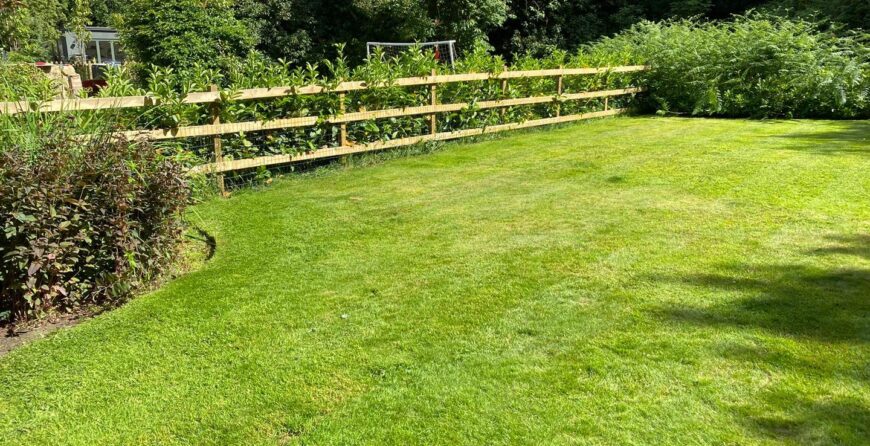Winter Pest Control: Preventing and Managing Common Garden Pests in Cold Weather
Introduction:
As the winter season approaches, many gardeners may think that their battle against pests is over. However, contrary to popular belief, pests can still pose a threat to your garden even in cold weather. In this article, we will explore some common garden pests that can survive the winter and provide you with effective strategies to prevent and manage them during this time. By implementing these pest control measures, you can ensure the health and vitality of your garden throughout the winter season.
1. Understanding Winter Pests:
While some pests may hibernate or die off during the winter, others have developed survival mechanisms to withstand the cold temperatures. It is crucial to identify these pests to effectively combat them. Common winter pests include aphids, slugs, snails, rodents, and certain types of insects.
2. Prevention is Key:
Preventing pests from infesting your garden in the first place is always the best approach. Here are some preventive measures you can take to keep your garden pest-free during the winter:
a) Clean and Tidy: Remove any fallen leaves, debris, or decaying plant matter from your garden. These can serve as hiding places and breeding grounds for pests.
b) Prune and Trim: Trim back any overgrown branches or shrubs that may provide shelter for pests. This will also improve air circulation and prevent the growth of mold and fungi.
c) Mulch Wisely: Use organic mulch sparingly and avoid piling it up against the base of plants. Excessive mulch can create a warm and moist environment that attracts pests.
d) Install Barriers: Use physical barriers such as netting or fencing to protect vulnerable plants from pests like rodents or larger insects.
3. Natural Pest Control Methods:
If preventive measures are not enough, there are several natural pest control methods you can employ to manage winter pests in your garden:
a) Beneficial Insects: Introduce beneficial insects like ladybugs or lacewings to your garden. These insects feed on common pests and can help keep their populations in check.
b) Homemade Pest Repellents: Create your own pest repellents using natural ingredients like garlic, neem oil, or chili pepper. These can be sprayed on plants to deter pests without harming them or the environment.
c) Companion Planting: Planting certain flowers and herbs alongside your vegetables can help repel pests. For example, marigolds can deter aphids, while mint can repel rodents.
d) Biological Controls: Consider using biological controls such as nematodes or bacteria that specifically target certain pests. These can be applied to the soil or plants and are safe for humans and beneficial insects.
4. Winter Pest Management:
In case of an infestation, it is important to take immediate action to prevent further damage to your garden. Here are some effective pest management strategies for common winter pests:
a) Aphids: Spray affected plants with a mixture of water and dish soap to suffocate and kill aphids. Alternatively, introduce ladybugs or lacewings, which are natural predators of aphids.
b) Slugs and Snails: Place beer traps or copper tape around vulnerable plants to deter slugs and snails. You can also handpick them and relocate them away from your garden.
c) Rodents: Set up traps or use bait stations to control rodent populations. Ensure that these are placed in safe locations away from children and pets.
d) Insects: For larger insects like caterpillars or beetles, manually remove them from plants and dispose of them properly. Regularly inspect your plants for signs of infestation and take action promptly.
Conclusion:
While winter may seem like a time of respite from garden pests, it is important to remain vigilant and take proactive measures to prevent and manage infestations. By understanding the pests that can survive the cold weather and implementing preventive and natural control methods, you can ensure the health and productivity of your garden throughout the winter season. Remember, a little effort now can save you from a major pest problem in the spring. Happy gardening!


